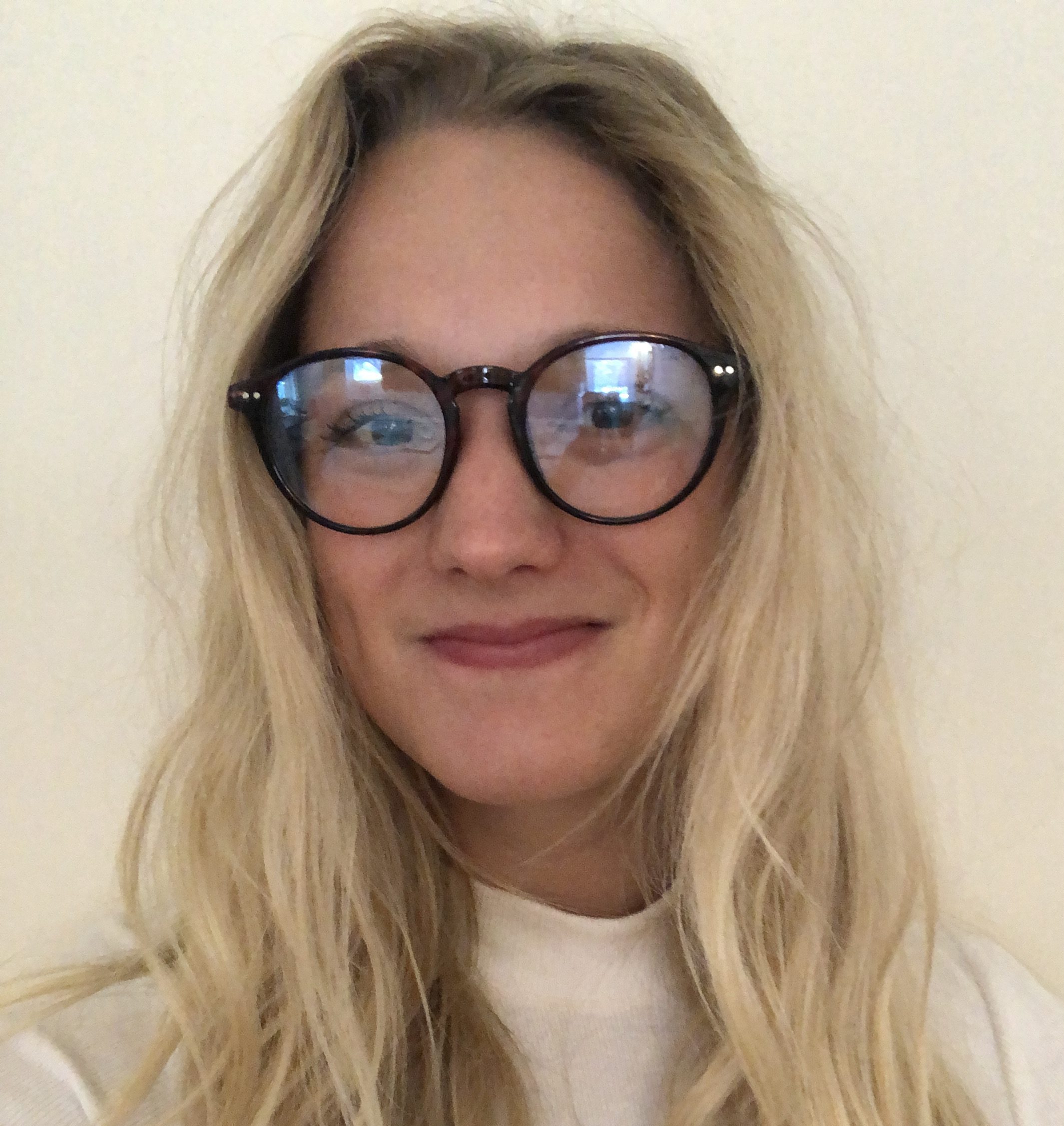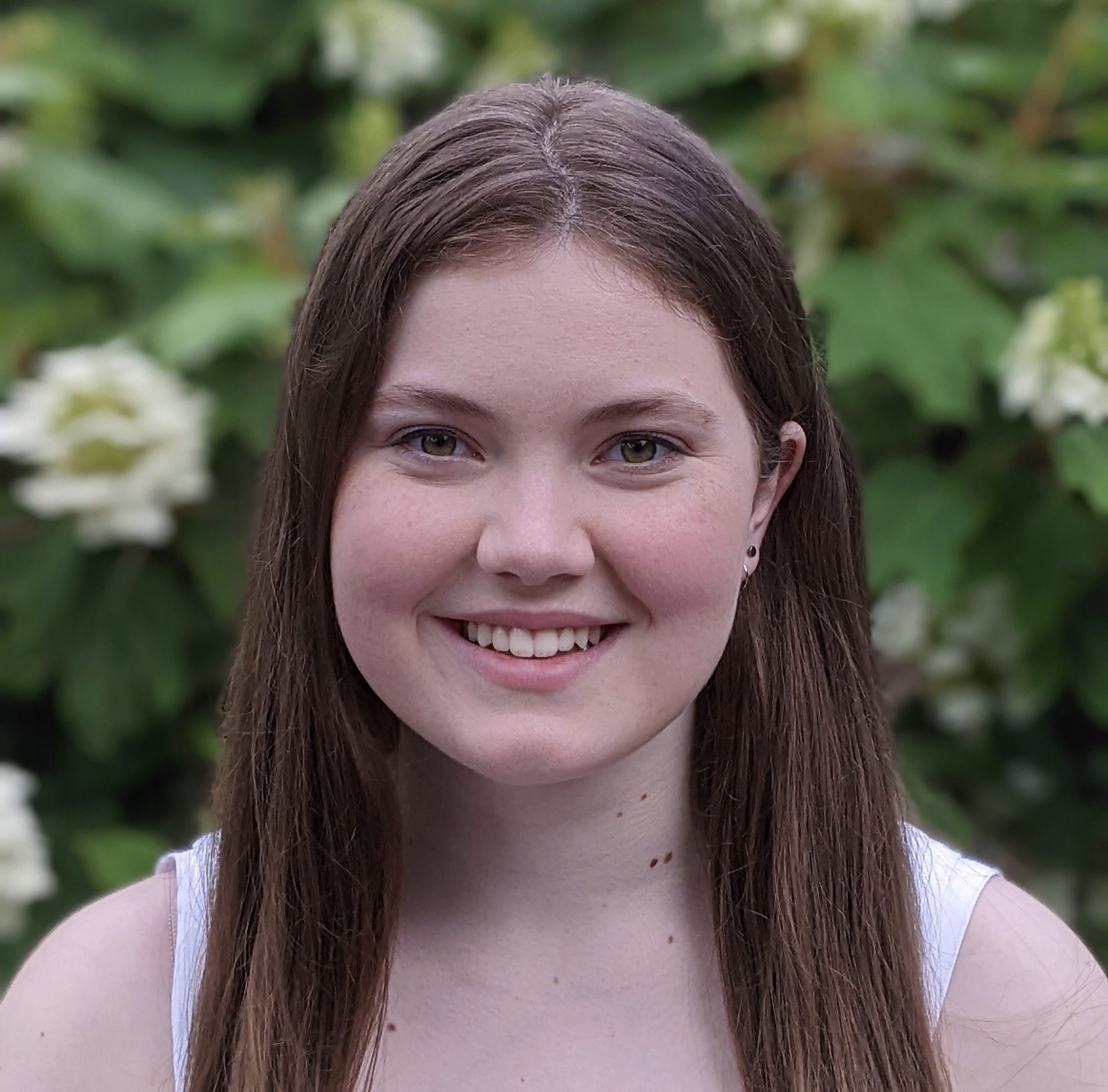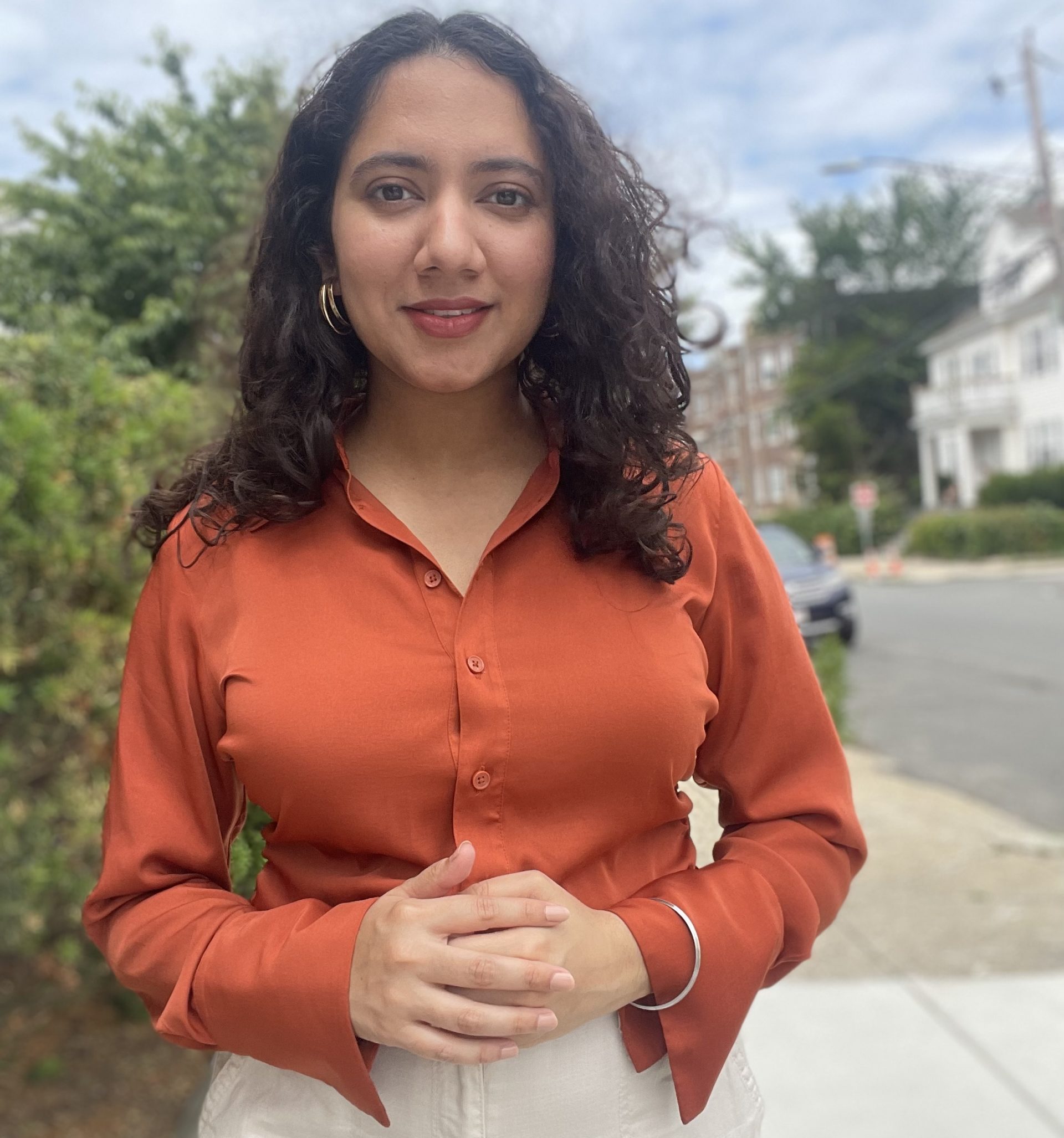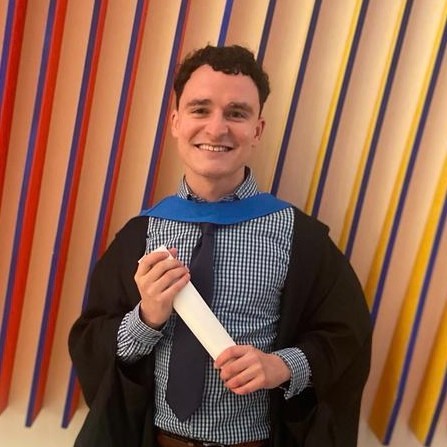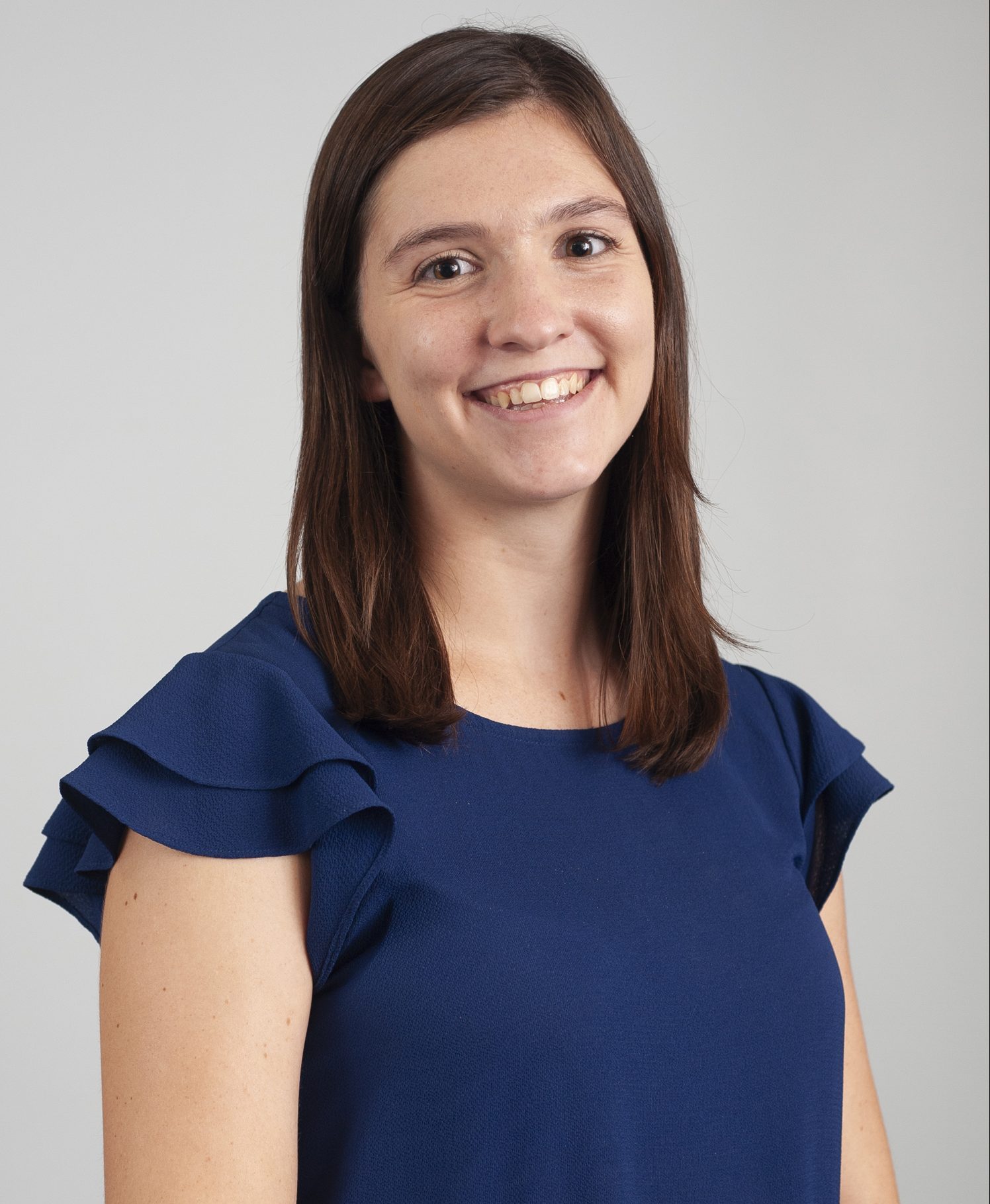Faculty and Staff
The Center for Addiction Medicine maintains a highly collaborative team with backgrounds in behavioral interventions, neuroimaging, and cognitive neuroscience. Faculty, post-docs, and staff all provide the complementary skills and expertise needed to study the underlying causes and risk factors of addictive behavior and to test new treatments for addictive disorders. The faculty and fellows have appointments at both Harvard Medical School and Massachusetts General Hospital.
Founding Director and Principal Investigator, Center for Addiction Medicine; Cox Family Professor of Psychiatry in the Field of Addiction Medicine, Harvard Medical School
Dr. Evins is the Cox Family Professor of Psychiatry in the field of addiction medicine at Harvard Medical School and the founder and director of the Center for Addiction Medicine at MGH. Dr. Evins completed her residency in adult psychiatry at the Massachusetts Mental Health Center and the Longwood Psychiatry Residency Training Program. In addition, she completed a fellowship in molecular biology at the Mailman Research Center of McLean Hospital, a fellowship in clinical research at Massachusetts General Hospital, and a Masters in Public Health with a concentration in Clinical Effectiveness at the Harvard School of Public Health in 2005.
Dr. Evins has 17 years of consecutive NIDA funding to conduct, as PI, studies of the efficacy of pharmacotherapeutic cessation aids in smokers with and without serious mental illness, and of the effect of nicotine on cognitive performance in those with and without schizophrenia. She has also conducted NIDA-funded studies of behavioral, physiologic, and fMRI-ascertained assessments of impulsivity, risk-taking, reactivity to drug-related cues, and the relationship between cue reactivity and relapse to drug use. A newer line of investigation explores the effect of cannabis on psychiatric symptoms, cognitive function, and addictive behaviors. She has conducted a series of studies that have changed clinical practice guidelines for smoking cessation for those with serious mental illness. Cochrane Reviews on smoking cessation in schizophrenia are based largely on this work (Tsoi et al.; 2010, 2013 Cochrane Database of Systematic Reviews). Dr. Evins has extensive ties with Community Health Centers that have made it possible to conduct large clinical studies. She has been PI of a 10-site multi-center study conducted in community mental health centers across 6 US states.
She has mentored over 35 junior investigators, many with K awards, and has authored over 100 publications, including 42 publications with a mentee as first author.
Elizabeth R. Spallin Professor of Psychiatry in the Field of Addiction Medicine at Harvard Medical School; Founder and Director of the Recovery Research Institute
Dr. Kelly is the Elizabeth R. Spallin Professor of Psychiatry in Addiction Medicine at Harvard Medical School – the first endowed professor in addiction medicine at Harvard. He is also the Founder and Director of the Recovery Research Institute at the Massachusetts General Hospital (MGH) and the Associate Director of the Center for Addiction Medicine (CAM) at MGH.
Dr. Kelly is a former President of the American Psychological Association’s (APA) Society of Addiction Psychology, a founding member and inaugural President of the American Board of Addiction Psychology, a Fellow of the APA, and a Diplomate of the American Board of Professional Psychology. He has served as a consultant to U.S. federal agencies and non-federal institutions, as well as foreign governments, the United Nations and the World Health Organization.
Dr. Kelly has published over 200 peer-reviewed articles, reviews, chapters, and books in the field of addiction medicine, and was an author on the U.S. Surgeon General’s Report on Alcohol, Drugs, and Health. He has won numerous state, national, and international lifetime achievements and distinguished scientist awards for his work.
His clinical and research endeavors have focused on addiction treatment and the recovery process, mechanisms of behavior change, and reducing stigma and discrimination among individuals suffering from addiction.
For press inquiries and speaking engagement requests, please contact Ji Won Yoon at ji.yoon@mgh.harvard.edu
Director of Neuroscience and Principal Investigator, Center for Addiction Medicine; Associate Professor, Harvard Medical School
Dr. Jodi Gilman is an Associate Professor in Psychiatry at Harvard Medical School and the Director of Neuroscience at the Massachusetts General Hospital Center for Addiction Medicine. She received her PhD in Neuroscience from Brown University and completed her postdoctoral fellow at Massachusetts General Hospital in the Department of Psychiatry. Dr. Gilman’s research uses multi-modal neuroimaging, behavioral and cognitive testing to understand the effects of addiction on the brain. Specifically, she studies the effects of cannabis use on addiction and other health outcomes. She has had a NIDA K01 Career Development Award and currently has a NIDA K02 Mid-Career Development Award, in addition to several R01 grants to conduct this research. Dr. Gilman has received numerous awards, including the Fellows Award for Research Excellence from the National Institutes of Health. Dr. Gilman’s work has been featured in media outlets throughout the world, including Reuters, NPR’s Science Friday broadcast, and the BBC. More information on her work can be found at http://scholar.harvard.edu/jodigilman/news.
Co-Director of Research; Director of School-Based Research and Program Development; Director of Neuropsychology; Principal Investigator, Center for Addiction Medicine; Associate Professor, Harvard Medical School
Dr. Schuster is a licensed clinical psychologist. She received her BA from the University of Maryland, College Park in 2007 and her PhD in Clinical Psychology from the University of Illinois at Chicago in 2014. She received specialized training in neuropsychology as a pre-doctoral intern and post-doctoral fellow at MGH/Harvard Medical School.
Dr. Schuster’s work aims to define the cognitive predecessors of adolescent substance use, effects of substance use on cognitive performance, and how these and other factors (e.g., genetics and environment) affect treatment engagement and functional (e.g., academic) outcomes. Her work explores the behavioral and biological mechanisms underlying risk for adverse outcomes secondary to early substance exposure, with a particular emphasis on vulnerable sub-populations including adolescents with and at risk for neuropsychiatric illness.
Dr. Schuster’s work is notably rooted in principles of community engagement and equity. Her training in community-based research is reflected in extensive ties with public schools across Massachusetts. She has surveyed over 100,000 students in school-based settings about their substance use behaviors and co-occurring mental health symptoms. Through her program of school-based research, she has also developed and tested best practice community-level early interventions (“Tier 2”) to minimize population-level impact of substance use on student health and well-being. Dr. Schuster is currently overseeing a state-funded program aimed at developing, implementing, and evaluating a novel alternative to suspension (iDECIDE; https://www.idecidemyfuture.org) as well as a PCORI-funded clinical trial aimed at evaluating methods for improving school-based SBIRT for early substance use detection.
Program Director, Center for Addiction Medicine; Assistant in Research Psychiatry and Instructor of Psychiatry, Harvard Medical School
Dr. Pachas received her medical degree from San Martin de Porres University and received health services management and public health training from the National University Mayor de San Marcos in Lima, Peru. She also completed an Addiction Fellowship at Harvard Medical School. Her research interests are the development of behavioral treatments and evidence-based novel treatments for smoking cessation and relapse prevention in people with and without serious mental illness. Dr. Pachas is the recipient of the NIMH-NCDEU Young Investigator Award, the MGH Clinical Research Day Departmental Award in Psychiatry, the NIH-NIDA Interdisciplinary Research Training Institute on Hispanic Drug Abuse Fellowship, the American Society of Clinical Psychopharmacology Fellowship, and the Society for Research on Nicotine and Tobacco Health Disparities Fellowship. Dr. Pachas is involved in the clinical component of complex Phase II trials of novel pharmacologic agents, all of which are being tested as treatments for smoking cessation and relapse prevention.
Principal Investigator
Joanna Streck completed her doctoral training in addiction and tobacco regulatory science at the University of Vermont Vermont Center on Behavior and Health and went on to complete her predoctoral internship in Behavioral Medicine and K12 fellowship in addiction at MGH/HMS. Her primary program of research seeks to identify effective tobacco cessation and harm reduction interventions for vulnerable populations who smoke with a focus on those with co-morbid SUD.
Director, MGH Center of Excellence for Psychosocial and Systemic Research; Associate Professor, Harvard Medical School
Dr. Corinne Cather earned her undergraduate degree in biopsychology at Hamilton College in Clinton, NY and her doctorate in clinical psychology from Rutgers University where she received specialized training in cognitive behavioral therapy (CBT) and behavioral medicine. She completed an internship at the University of Medicine and Dentistry of New Jersey (formerly Rutgers) and joined the Schizophrenia Clinical and Research Program in 1999 as a fellow. She has extensive experience as a clinician-researcher with first episode/early psychosis as well as with chronic schizophrenia and she has developed an international reputation as one of the few practitioners in the US skilled in cognitive behavioral therapy in schizophrenia. She has participated in a number of trials that investigate the efficacy of combined behavioral and psychopharmacological treatments for nicotine dependence in smokers with severe mental illness and has manualized treatments for enhancing motivation to quit smoking, smoking cessation, and relapse prevention for this population of smokers.
Associate Director of the Recovery Research Institute
Brandon G. Bergman, Ph.D. is an Assistant Professor at Harvard Medical School and Associate Director at the Recovery Research Institute (RRI). He is also the RRI Associate Director of Communications, providing content and oversight for the RRI website, and the monthly RRI Recovery Bulletin. Dr. Bergman’s research targets the intersection between professional-clinical and freely accessible, community-based services for individuals with substance use disorder including, but not limited to, those in the life stage of emerging adulthood (i.e., ages 18-29). Dr. Bergman’s primary line of research, funded by a career development award (K23) from the National Institute on Alcohol Abuse and Alcoholism, examines the nature and utility of participation in online, digital recovery support services, as well as the use of social network site data to elucidate social-recovery processes. He completed his Ph.D. in Clinical Psychology at Nova Southeastern University, and his psychology internship and addiction psychology postdoctoral fellowship at the Massachusetts General Hospital and Harvard Medical School. Dr. Bergman is also a licensed clinical psychologist, actively treating individuals with substance use disorder and related problems, as well as family members who are supporting their loved ones with these conditions.
David Eddie, Ph.D.
Research Scientist
Dr. David Eddie is the Associate Director of Clinical Translational Recovery Science at Massachusetts General Hospital’s Recovery Research Institute and Center for Addiction Medicine, a clinical psychologist in Massachusetts General Hospital’s Department of Psychiatry, an assistant professor at Harvard Medical School, and a diplomate of the American Board of Addiction Psychology.
Dr. Eddie holds a B.A. from Columbia University with honors in psychology, and a Ph.D. from Rutgers University, where he conducted research at the Center of Alcohol and Substance Use Studies. Dr. Eddie did his clinical residency at Massachusetts General Hospital before completing his post-doctoral training as a Harvard Medical School Livingston Fellow at the Recovery Research Institute.
His research seeks to better understand the psychological and psychophysiological causes and conditions that lead to people becoming addicted to alcohol and other drugs, and how these factors can also maintain addiction. He uses this knowledge to develop and study novel, technology-based treatments for substance use disorder.
Research Fellow/Statistician
Dr. Kevin Potter graduated from Grinnell College with a B.A. in Psychology and received his Ph.D. in Quantitative Psychology from Ohio State University. He began working for the Center for Addiction Medicine in August of 2018 as a statistician. His research involves applying modern statistical and cognitive modeling approaches to diverse clinical data sets, and developing approachable statistical tools for applied practitioners.
Postdoctoral Fellow
Dr. Meghan Costello is a K12 Postdoctoral Fellow in Substance Use and Addiction Medicine at Massachusetts General Hospital/Harvard Medical School. She received her PhD in Clinical and Quantitative Psychology at the University of Virginia. Her research focuses on leveraging peer interpersonal processes to promote adolescent well-being. She works to incorporate near-peer and paraprofessional interventionists into school-based preventative mental health care in adolescence.
Kristina Conroy, Ph.D
Postdoctoral Fellow, Center for Addiction Medicine; Clinical Fellow, MGH Child and Adolescent Psychiatry
Dr. Conroy is a postdoctoral fellow at the MGH Center for Addiction Medicine. She completed her undergraduate degree at Middlebury College, her doctorate degree at Florida International University, and her clinical fellowship (child/adolescent focus) at Massachusetts General Hospital/Harvard Medical School. Broadly, her research focuses on collaborating with schools and other community organizations to strengthen mental health supports for youth from low-income and ethnically/racially minoritized backgrounds. She has specific interests in utilizing community-based participatory research methods, expanding workforce support for school staff, and elevating the cultural and contextual relevance of supports for youth anxiety and traumatic stress.
Postdoctoral Research Fellow, Center for Addiction Medicine
Dr. Dongmei Zhi is a Postdoctoral Fellow in substance use and addiction medicine at Massachusetts General Hospital/Harvard Medical School. She received her PhD in Computational Psychiatry at the University of Chinese Academy of Sciences. Her research focuses on integrating genetics, environment, imaging, and behavior to explore the mechanisms underlying behavioral disorders and the mechanisms of their pharmacological treatments.
Lead Programmer
Zach works as a lead programmer at the MGH Center for Addiction Medicine. His research has focused on the development of statistical methods and software, particularly for the analysis of unstructured or psychometric data. Zach received his A.M. in statistics and PhD in education policy and program evaluation from Harvard University.
Program Manager
Julia Jashinski is the Program Manager for the Center, overseeing grants applications, budget management, funding and regulatory compliance, and supporting operations for a number of active projects. Ms. Jashinski works closely with the CAM investigators to support meaningful research that focuses on improving outcomes for people who use drugs. She is a graduate of the Ohio State University (2019, B.S.) and Boston University (2021, MSW).
Clinical Psychology Intern
Katherine received her bachelor’s in psychology from Harvard University in 2020. She recently defended her PhD dissertation in clinical psychology at Harvard in the Lab for Youth Mental Health. She is also the Co-founder and Scientific Director at a mental health non-profit, Shamiri Institute. She is working at ARMS as part of her internship year, the final year of her PhD. Katherine’s primary interest in her research is personalizing community-based interventions to fit individuals and their contexts at scale.
iDECIDE Training Manager
Anthony Jannetti graduated from Champlain College with a B.A. in Secondary/Middle Level Education, with an English and History specialization. With a background in classroom teaching and educational/non-profit leadership, Anthony seeks to empower educators to implement restorative approaches through coaching and mentorship. At CAM, he works with Dr. Schuster on training facilitators to provide iDECIDE as a restorative school-based intervention for youth substance-use. Anthony is interested in intersectionality in public health, and developing systemic restorative approaches to supporting youth to make healthy choices around substance-use.
Training Manager
Alexis Wing received a Master of Public Health from Harvard University and a Bachelor of Science in Public Health from the George Washington University. She has a comprehensive background in delivering training and technical assistance to human service providers on topics such as opioid overdose rescue and prevention, harm reduction, recovery, and substance use more broadly. At CAM, Alexis works with Dr. Schuster to train facilitators on iDECIDE, a school-based secondary prevention program to address adolescent substance use through education and empowerment. Alexis is interested in building capacity within the behavioral health and school-based workforces to enhance efforts that aim to prevent substance use-related morbidity and mortality among youth and adults.
Lead Programmer
Bryn Evohr graduated from Emory University in 2022 with a Bachelor of Science in psychology and minors in quantitative science and Spanish. At CAM, she works primarily with Dr. Gilman on the prescription opioid tapering study, which looks at the effect of medical marijuana and behavioral interventions on pain and opioid dose. She also oversees data management across the center, focusing on centralizing and improving data management best practices. Her research interests include behavioral support and treatment interventions for populations with physical disabilities and chronic illnesses, as well as health equity and mental health treatment relating to these populations.
Programmer
Jasmeen Kaur received a Master of Public Health from Boston University and her Bachelor of Dental Surgery degree from Baba Farid University of Health Sciences. At CAM, she works primarily with Dr. Gilman on the Adolescent Brain Cognitive Development Study, looking at the substance use patterns in coordination with Dr. Tervo-Clemmens and Dr. Potter. Her research interests include opioid addiction, substance dependence, equitable and affordable access to health resources as well as effects of social determinants on mental health.
Programmer
Luwei Liu received a Master of Biomedical Informatics from Harvard University and dual Bachelor’s degrees in Applied Mathematics & Statistics and Biochemistry from Stony Brook University. At CAM, she primarily works on Dr. Schuster’s school-based research project examining the impact of cannabis use and withdrawal on depression and suicide risk in adolescents, as well as Dr. Evins’s study on behavioral interventions for adolescent vaping cessation. Her research interests include leveraging ecological momentary assessment and data-driven methods to better understand substance use behaviors, mental health, and intervention efficacy in youth populations.
Senior Clinical Research Coordinator
Liam Arteaga graduated from the University College Dublin with a Masters in Psychological Sciences in 2021. At CAM, he works with Dr. Jodi Gilman on a study looking at the effects of cannabis and a group behavioral intervention on pain and opioid utilization. Liam’s interests include examining biomarkers of addiction and the development of novel substance use disorder treatments.
Hannah Drew, B.A.
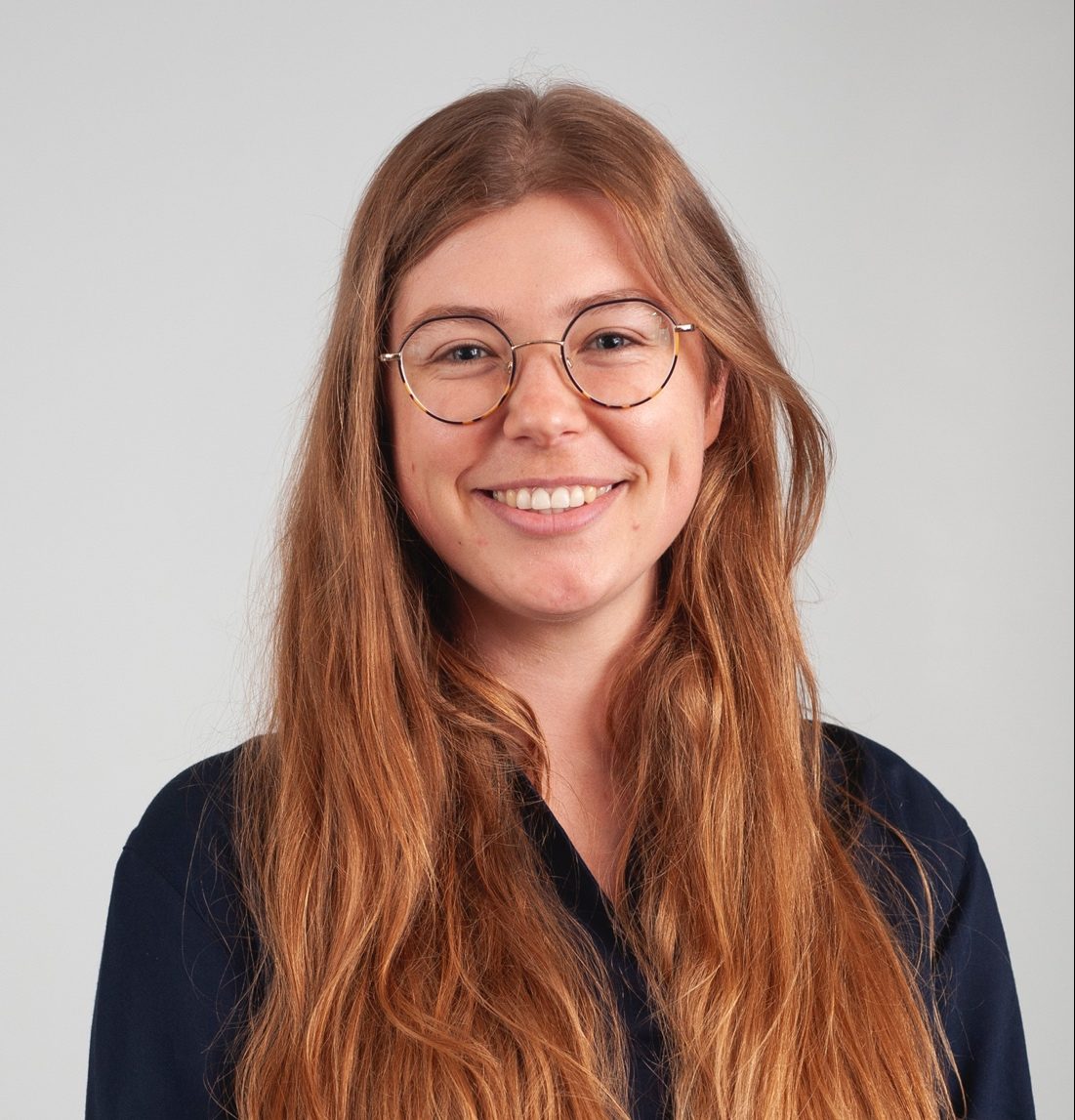 Senior Clinical Research Coordinator
Senior Clinical Research Coordinator
Hannah Drew graduated from Harvard University with a B.A. in History & Literature, and a minor in Global Health and Health Policy. At CAM, Hannah works with Dr. Schuster on two projects: one project focuses on the development of a drug education curriculum for middle and high school students, and the second project evaluates the effectiveness of school-based interventions in addressing youth substance use. Her research interests include substance use disorders, young adult mental health, global and rural health delivery, and health equity.
Senior Clinical Research Coordinator
Kendall Roberts graduated from Tufts University with a Bachelor of Science in Clinical Psychology and Child Study and Human Development. At CAM, she works with Dr. Schuster on the effectiveness of a new drug education curriculum as an alternative intervention for adolescents with substance use infractions. Her research interests include the development and implementation of community-based mental health interventions and the treatment of comorbid psychopathology. Kendall hopes to attend graduate school to pursue a degree in clinical psychology.
Marta V. Borrego Mahiques, BA
Clinical Research Coordinator II
Marta Borrego Mahiques graduated from Boston University with a B.A. in Neuroscience & Philosophy, and a B.A. in Psychology. At CAM, she works with Dr. Schuster on two studies. The first investigates the effectiveness of deploying non-clinical peer workers to deliver substance use screenings with adolescents and the second study aims to investigate the effects of acute cannabis use on negative mood and suicidal ideation. Her research interests include risk/preventative factors in addiction and comorbid psychopathology, preventative care, and health equity.
Clinical Research Coordinator II
Jasmine graduated from Florida Atlantic University with a Bachelor of Science in Neuroscience and Behavior. She then earned a Master of Medical Science in Media, Medicine, and Health at Harvard Medical School. At CAM, she works with Dr. Randi Schuster on a project evaluating the effectiveness of school-based interventions for screening and brief treatment of youth substance use. Her research interests include adolescent mental health, health communication, cultural and linguistic competency in mental health, and community-centered health equity approaches.
Clinical Research Coordinator
Isabella graduated from Boston College in 2024 with a Bachelor of Science in Neuroscience and a minor in Medical Humanities. At CAM, she works with Dr. Schuster on two studies, one examining the effects of acute cannabis abstinence on suicidality and depressive symptoms and another exploring school-based interventions for substance use. Her research interests include the neurobiology of substance use disorders, interactions between substance use and mental illness, and research that promotes holistic treatment of such comorbidities.
Clinical Research Coordinator II
Wilson Spurrell graduated from Amherst College with a Bachelor of Arts in Psychology. At CAM, he primarily works with Dr. Schuster on a plethora of school-based projects, including one study that seeks to evaluate and improve substance use detection and early intervention in schools. His research interests include substance use disorders, mindfulness and meditation, and the impact of trauma on development. In time, Wilson aspires to pursue a doctoral degree in clinical psychology.
Clinical Research Coordinator II
Nazahah Hasan graduated from the University of Rochester in 2024 with a Bachelor of Arts in Anthropology. At CAM, she primarily collaborates with Dr. Evins on two studies: one investigating the efficacy of behavioral interventions for vaping cessation in adolescents, and another exploring neurofeedback as a therapeutic approach for mental illness in adolescents. Her research interests include community-based interventions, neuropharmacology, and the social dimensions of addiction.
Clinical Research Coordinator
Julia Cannistraro graduated from Skidmore College in 2024 with a Bachelor of Arts in Psychology and Music. At CAM, she works primarily with Dr. Streck on two studies. The first study investigates the efficacy of a chatbot designed to assist people receiving treatment for opioid use disorder, and the second study looks at the efficacy of switching heavy smokers in treatment for opioid use disorder to electronic cigarettes. Her research interests include investigating treatments for substance use disorders, mental health support, and music cognition.
Lingge (Lynn) Yan , B.A.
Clinical Research Coordinator
Lynn graduated from Middlebury College in 2025 with a Bachelor of Arts in Psychology and a minor in studio art. At CAM, she works with Dr. Schuster on the effects of acute cannabis abstinence on suicidality and depressive symptoms in adolescents, along with a variety of school-based projects, such as alternative interventions for adolescent substance use infractions. Her research interests include the treatment of depression, suicidality, and other mood disorders and mental illnesses. Lynn hopes to pursue a doctoral degree in clinical psychology in the future.
Clinical Research Coordinator II
Alexandria Calder graduated from Tufts University School of Medicine with a Master of Science in Biomedical Sciences, and from Cornell University with a Bachelor of Science in Biomedical Engineering. She has extensive experience in education outreach supporting high-school students on their academic journeys in health policy assisting state health departments implement various health equity initiatives, and in clinical research working alongside health professionals to efficiently carry out patient-focused studies. At CAM, Alexandria works primarily with Dr. Eden Evins on a study investigating the efficacy of behavioral intervention for nicotine cessation in adolescents and young adults who have a willingness to quit. She will also be aiding in the development and administration of clinical studies for the Center for Comprehensive Healing. Her research interests include holistic medicine, community-centered care, and mindfulness.
Hannah Olson, B.S.
Clinical Research Coordinator
Hannah graduated from Tufts University in 2025 with a Bachelor of Science in Clinical Psychology and a minor in Child Studies and Human Development. At the Center for School Behavioral Health, she works primarily with Dr. DeTore on an intervention for adolescents with psychotic experiences. She also works with Dr. Schuster on school-based research screening for substance use and related risk factors. Her research interests include substance use disorders, psychosis, and emotion regulation.
Anna Sofia Ascherio-Victoria, B.S.
Clinical Research Coordinator
Anna Sofia graduated from the University of Maryland College Park in 2025 with a Bachelor of Science in Psychology. Anna Sofia is co-affiliated with CAM and the Center for School Behavioral Health, where she works primarily with Dr. Schuster on her clinical trial evaluating iDECIDE, a drug education curriculum for adolescents. She also contributes to various other school-based projects, including a qualitative study to examine peer-focused interventions in Massachusetts High Schools. Her research interests include psychopharmacology, mindfulness meditation, and ADHD behavior and brain activity.
Clinical Research Coordinator
Emily Locandro earned her Bachelor of Science in Nursing and a minor in Hispanic Studies from the University of Pennsylvania. She also completed the Post-Baccalaureate Premedical Program at Goucher College. At CAM, Emily works with Dr. Eden Evins and the VIA team on a study evaluating the effectiveness of behavioral interventions for vaping cessation in adolescents who are motivated to quit. Emily’s research interests include adolescent health, implementation science in community health settings, and translational research in preventive medicine.
Max Carothers, B.S.
Clinical Research Coordinator
Max graduated from Cornell University with a degree in Health Care Policy. At CAM, he works with Dr. Eden Evins and the VIA team on a study examining how behavioral interventions can support nicotine and vaping cessation among adolescents. His research interests include mental health, suicide prevention, and translating evidence-based interventions into community and policy settings.
Clinical Research Coordinator
Ashton graduated from Syracuse University in 2025 with a B.A. in Neuroscience and a B.A. in Psychology. At the Center for Addiction Medicine, he works primarily with Dr. Eden Evins on the CHARMS project, which aims to analyze the effect of real-time neurofeedback augmentation of mindfulness practice, specifically on Recurrent Negative Thinking (RNT) in adolescents at risk for serious mental illness. His research interests include trauma, substance use disorder, and neuropharmacology with a focus on psychedelic research.
Clinical Research Coordinator II
Jack graduated from the University of Rochester School of Medicine with a Master of Science in Clinical Investigation. At CAM, he works with Dr. Streck on a study comparing the efficacy of tobacco cessation interventions delivered by a peer recovery coach versus a non-peer coach among individuals receiving medication for opioid use disorder. His research interests include substance use and treatment outcomes, smoking and vaping cessation, and pharmacoepidemiology.
Clinical Research Coordinator
Aubin graduated from Middlebury College with a major in Neuroscience and a minor in Spanish. Prior to joining CAM, he worked in ophthalmology research at Mass Eye and Ear. At CAM, Aubin works with Dr. Evins to investigate nicotine cessation interventions in adolescents as part of the VIA team. His research interests include cultural underpinnings of mental health, psychopharmacology, and addiction.
Clinical Research Coordinator
Luca graduated from Harvard University in 2025 with a Bachelor of Arts in Cognitive Neuroscience and Evolutionary Psychology. At CAM, she works primarily with Dr. Schuster on a range of studies, with her main project centered on optimizing school-based delivery of substance use screenings through the involvement of non-clinical peer workers. Her research interests include youth mental health, substance use disorders, the effects of trauma on life outcomes, and the development of community-based interventions.
















